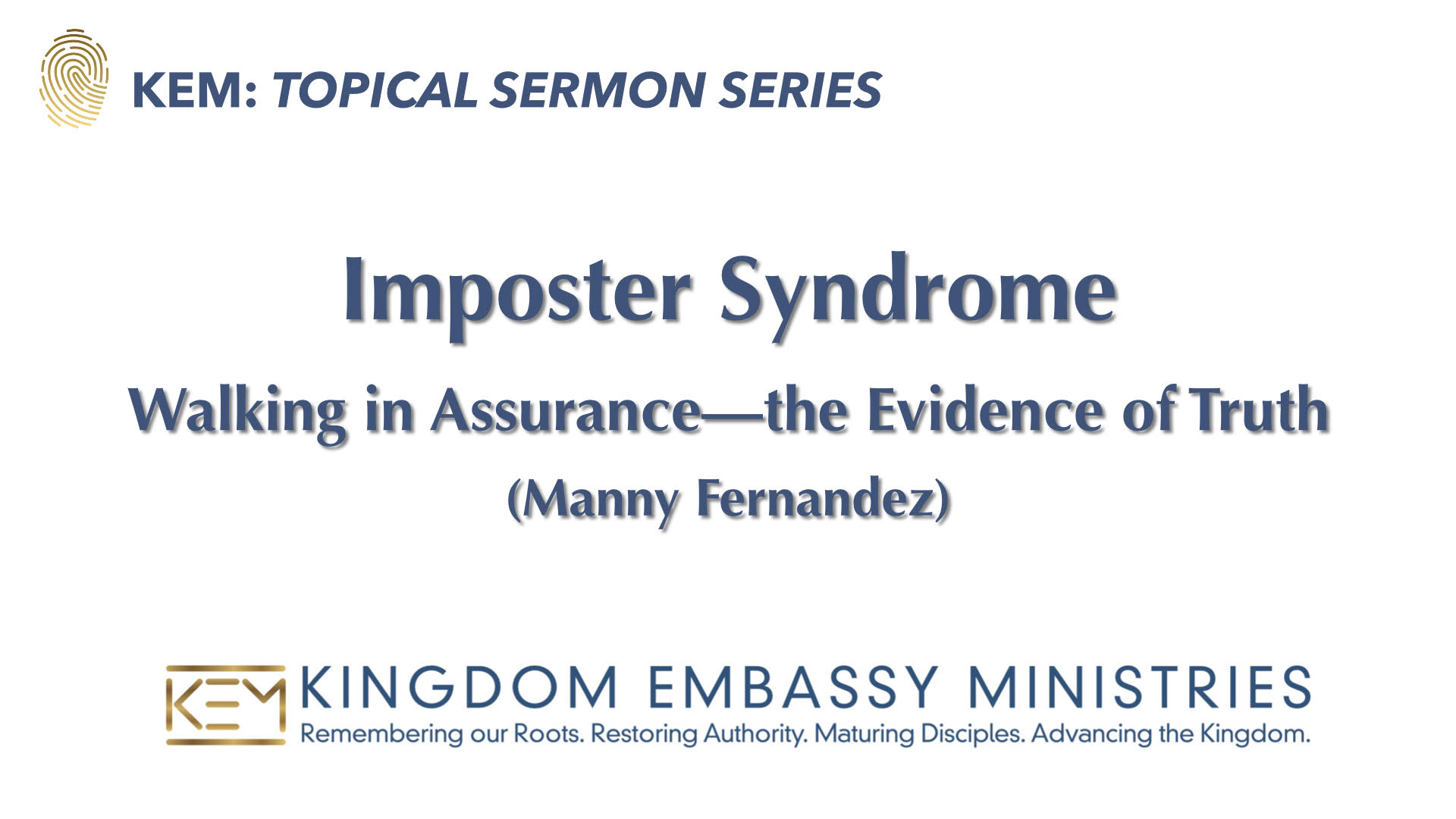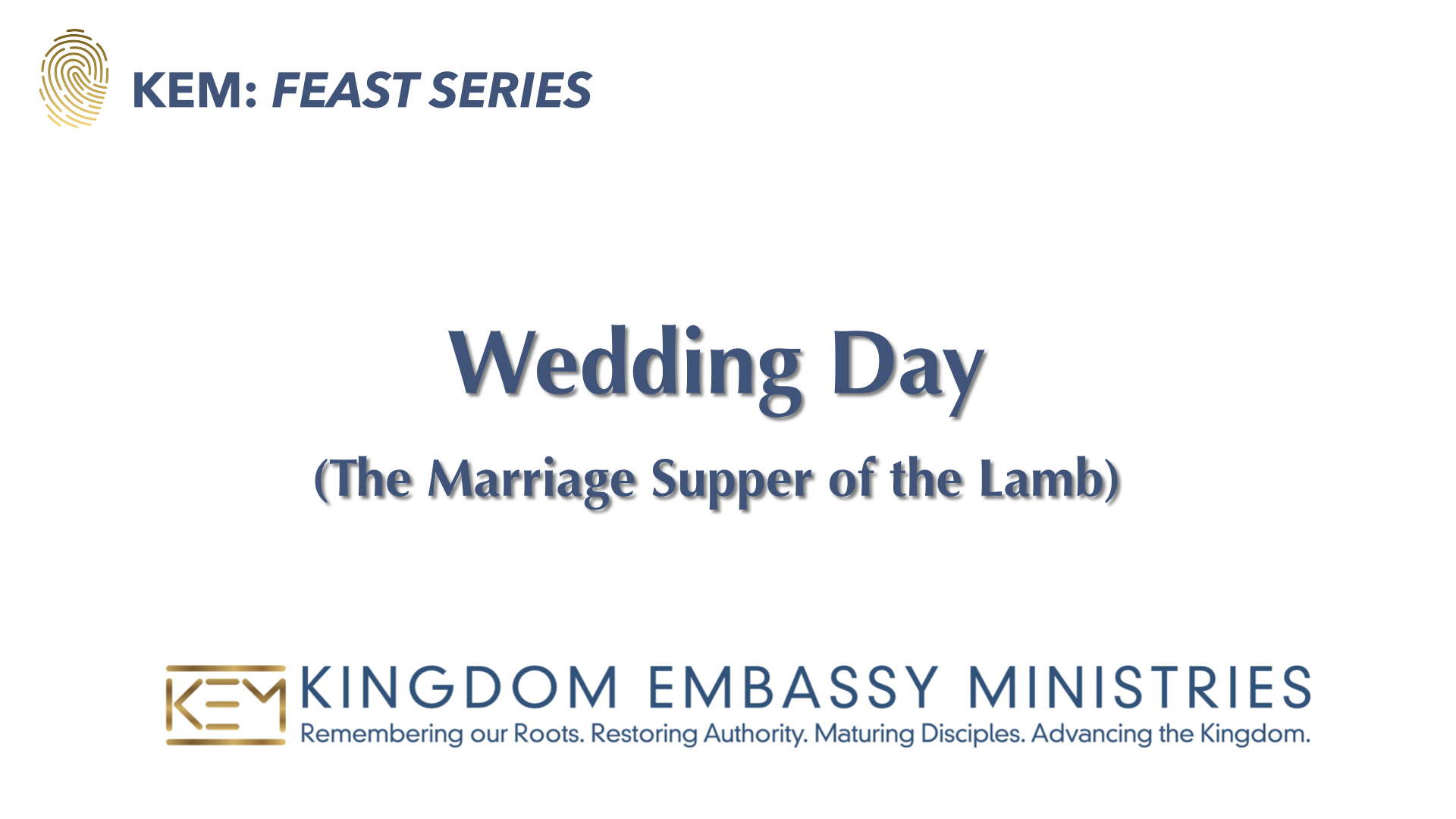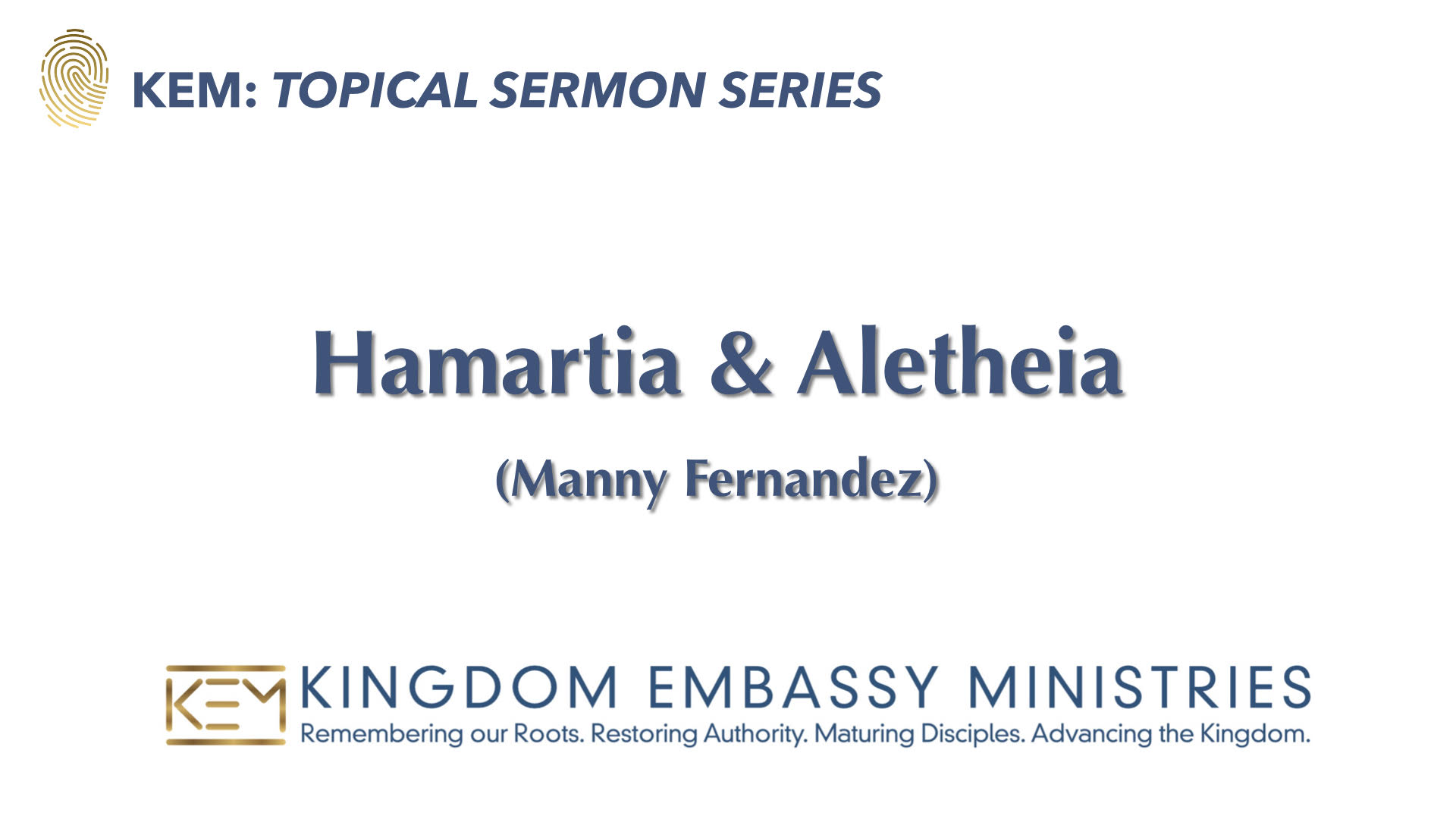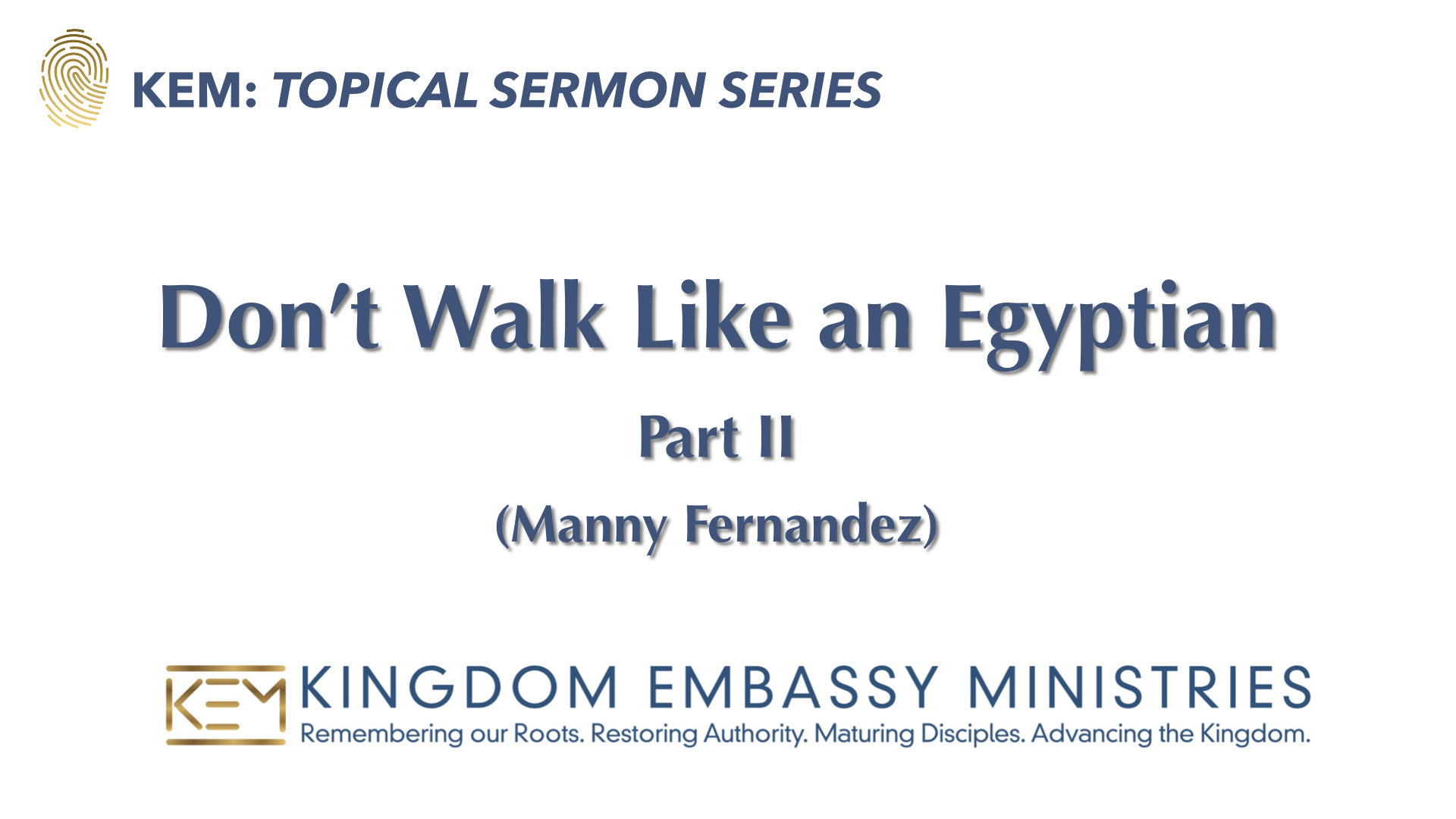Sermon Notes & Videos
2024-12-13 | II Peter 1:5-8 | Just Add Practice | #4
Sermon Notes | It should be so simple. It’s all but finished right out of the box —just one final ingredient, an item amply available, and the recipe [...]
2024-12-06 | II-Peter-1:2-11 | The Infinite Imperishable Jackpot | #3
Sermon Notes | What’s are your highest aspirations? For what are you working so hard to achieve? What are your ultimate goals? What final destination will bring you [...]
2024-11-29 | Imposter Syndrome | Walking in Assurance – The Evidence of Truth | Manny Fernandez
“And by this we know that we have come to know him, if we keep his commandments. Whoever says “I know him” but does not keep his commandments [...]
2024-11-22 | II Peter 1:1-2 | Faith Like Mine | #2
Sermon Notes | In the Good News of Christ God’s righteousness is revealed from faith to faith. Why two faiths and not one? Surely faith should be unified [...]
2024-11-15 | Divine & Eternal Advocacy | 1 John 2:1-2 | Manny-Fernandez
“My little children, I am writing these things to you so that you may not sin. But if anyone does sin, we have an advocate with the Father, [...]
2024-11-08 | II Peter | A Last Will & Testament | #1
Sermon Notes | When you look around at the state of the Church, what impression do you get? How is the Body of Christ developing? These are difficult [...]
2024-11-01 | Romans 1:18-32 | In His Image We Vote
Sermon Notes | How exactly did God reveal Himself to mankind? He manifested inside of us! At creation, He did something so all of mankind would recognize Him [...]
2024-10-25 | Leviticus 23:36-39 | Wedding Day | The Marriage Supper of the Lamb
Feast Notes | It was a betrothal and today we have all but lost the dense significance of such customs. Once the image was diluted it did not [...]
2024-10-18 | Leviticus 23:33-44 | It’s Temporary | Tabernacles 2024
Feast Notes | The Word became flesh and pitched a tent among us. He tabernacled with us and we beheld His glory. Yet He was here for what [...]
2024-10-11 | Leviticus 16 | Become the Righteousness of God | Yom Kippur 2024
Feast Notes | “Once and for all means once and for all,” doesn’t it? If there is one Feast of Yahweh, more than any other, that Christians believe [...]
2024-10-04 | Leviticus 23:23-25 | Eyes that See and Ears that Hear | Feast of Trumpets 2024
Feast Notes | “Let there be lights in the firmament of the heavens to divide the day from the night; and let them be for signs and seasons, [...]
2024-09-27 | Hamartia & Aletheia | I John 1:8-9 | Manny Fernandez
“If we say that we have no sin, we deceive ourselves, and the truth is not in us. If we confess our sins, He is faithful and just [...]
2024-09-20 | Romans 16:1-27 | Spirit and Truth
Weekly Scriptures | Sermon Notes | The banner is Spirit and Truth. The Spirit testifies; by the Spirit the grace of God changed your heart and made it [...]
2024-09-13 | Romans 15:22-33 | Rome or Bust
Weekly Scriptures | Sermon Notes | Have you ever felt so compelled about a vision from the Lord that it seemed like a memory? It appeared as real [...]
2024-09-06 | Don’t Walk Like an Egyptian: PART II | I John 1:7 | Manny Fernandez
"But if we walk in the light as He is in the light, we have fellowship with one another, and the blood of Jesus Christ His Son cleanses us from [...]
2024-08-30 | Romans 15:1-21 | Wash, Rinse, Repeat
Weekly Scriptures | Sermon Notes | No one said the battle would be easy. But any good soldier is willing to endure hardship, especially if he was commissioned [...]
2024-08-23 | Romans 14:1-23 | Identity Politics
Weekly Scriptures | Sermon Notes | “To serve or to self?” that is the question. With more clarity, might your position be best described as serving leadership or [...]
2024-08-02 | Romans 13:8-14 | Two Worlds Collide
Weekly Scriptures | Sermon Notes | We are sojourners from another world, and yet we are only meant to be temporary inhabitants passing through this land. It is [...]
2024-07-26 | Romans 13:1-7 | If You Ass-u-me
Weekly Scriptures | Sermon Notes | Who are the governing authorities to whom you should obey? Unfortunately, traditional Church teachings on the topic totally ignore key stipulations when [...]
2024-07-19 | Romans 12:9-21 | Empirical Evidence
Weekly Scriptures | Sermon Notes | If you were on trial for being a Christian, would there be enough evidence to convict you? If Christianity was a science, [...]
2024-07-12 | Romans 12:1-8 | Beyond Salvation
Weekly Scriptures | Sermon Notes | Picture the scene. You have just encountered Y’shua. He has become your Lord and Savior and you feel truly free for the [...]



















